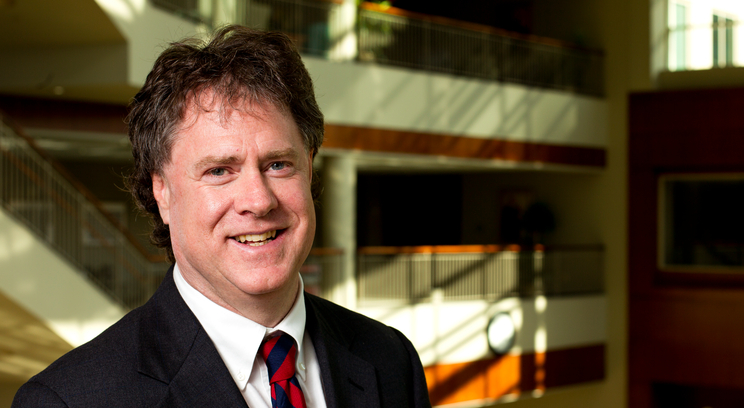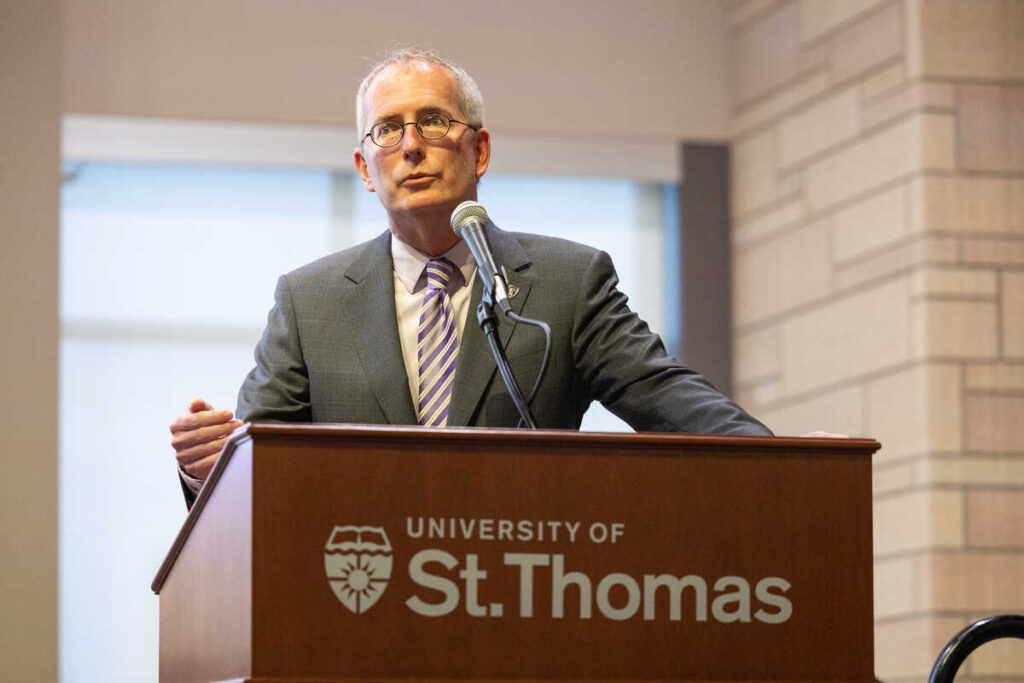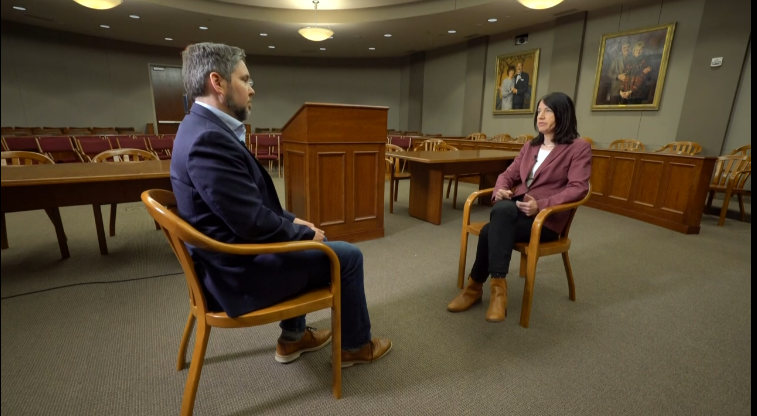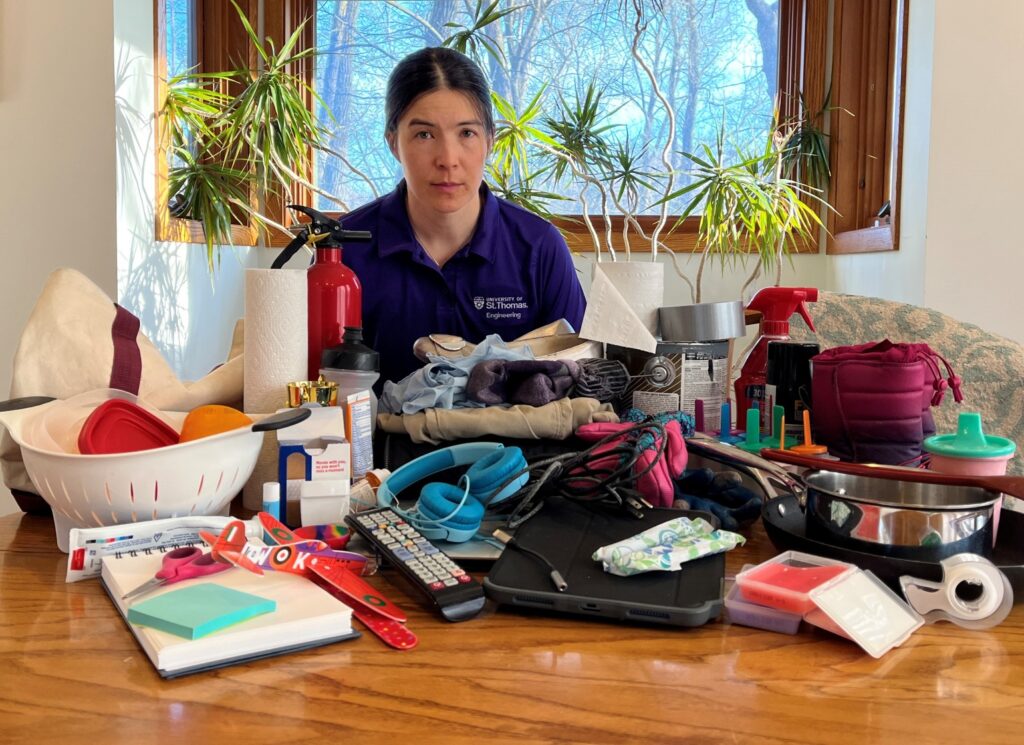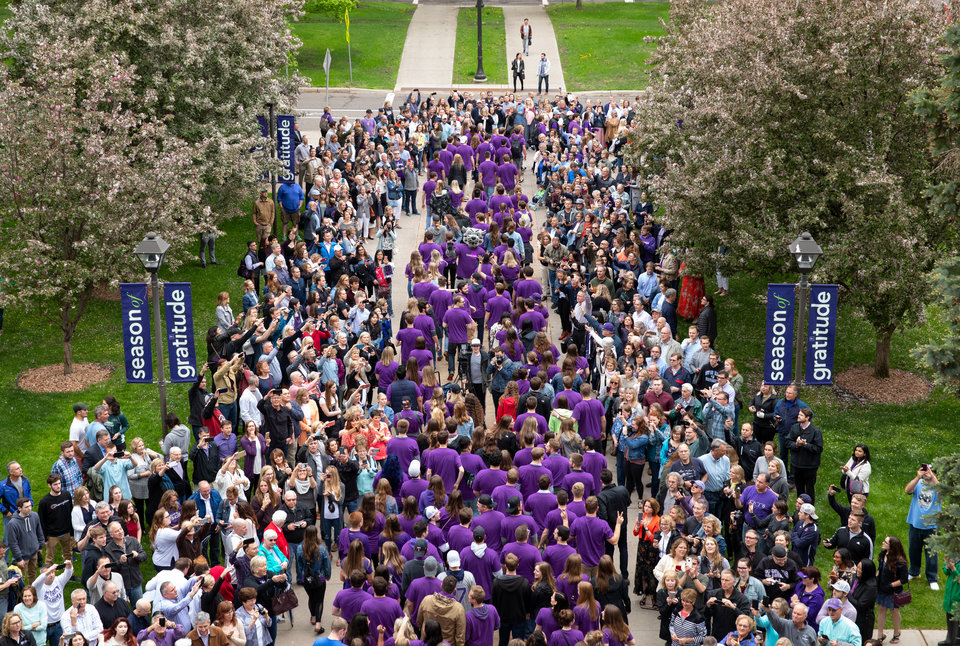
Law professor Mark Osler commented for KSTP News on what the public can expect during closing arguments in the trial of former Minneapolis police officers J. Kueng, Thomas Lane and Tou Thao.
From the article: “People tend to overvalue the last thing that they heard so the defense being able to present their witnesses last, it offers that advantage,” Osler said. “But in closing argument, the government will go first, the defense goes second and then the government gets to go last and provide a rebuttal argument and so in a way [the prosecution is] going to get the benefits of the recency effect in their own way.”
Once the jury receives the case, they will decide on each of the ex-officers’ charges individually.
“There are some things in this case the jury may spend some time on and because you have multiple defendants, that could complicate things too,” said Osler. “They could decide quickly on two of them and not on a third. And there’s terms that will be defined for them by the judge, like under the color of law or willfully deprived on rights that they may spend some time sorting out what that means in the context of this case.”
